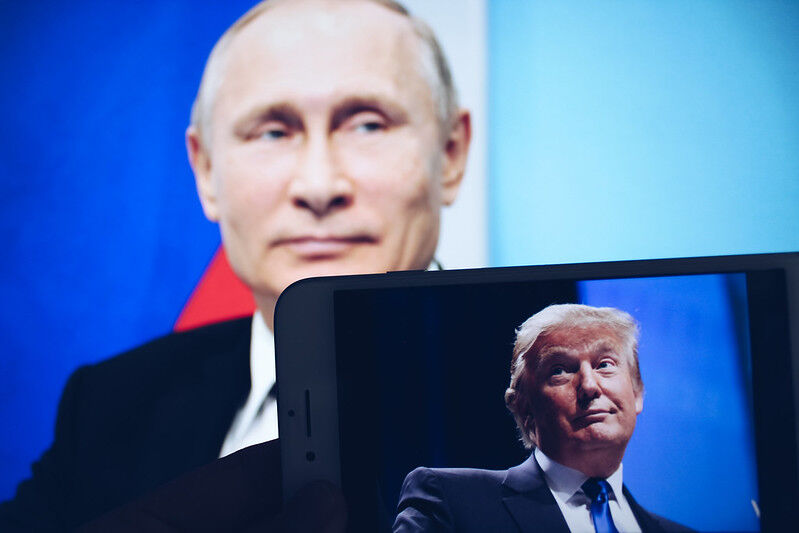Editorial: Foreign interference in our elections
September 2, 2020
It was a year ago that Robert Mueller testified to Congress regarding his investigation into connections between President Donald Trump’s presidential campaign and Russia, but it was only August 18th of this year that the Senate Select Committee on Intelligence released its report on the matter.
If you didn’t read the Mueller report, then don’t bother reading the Senate report. Its nearly a thousand pages dwarf the Mueller report and answer many of the questions Mueller failed to.
And before you dismiss this report as a witch hunt or partisan attacks by Democrats, understand that the Senate Intelligence Committee is chaired and controlled by Republicans.
The Editorial Board understands that, to many, this issue seems old, irrelevant and resolved, at least to some degree. We, too, are exhausted with covering and conversing the seemingly endless reports surrounding Trump’s ties to Russia.
But, for the sake of truth, let’s look at three of the statements made by Senator Marco Rubio, who chairs the Senate Select Committee on Intelligence, regarding his committee’s report.
As stated earlier, the Senate report is expansive, but, as 2020 is an election year, the following three statements focus on Russian influence in the United States’ 2016 presidential election.
Number one: “The Russian government engaged in an aggressive, multi-faceted effort to influence, or attempt to influence, the outcome of the 2016 presidential election.”
This statement should be alarming to all Americans. The sovereignty of our elections is paramount to our democracy. The Constitution begins with “We the People of the United States,” not “We the Russian government.”
Regardless of your opinion on American-Russian relations, we can all agree American elections should be decided by Americans, period.
Number two: “WikiLeaks actively sought, and played, a key role in the Russian influence campaign and very likely knew it was assisting a Russian intelligence influence effort.”
This statement should challenge the way you consume information and news. Wherever you get your information, recognize that it has a bias. Even the most impartial news organization is going to report facts with some level of bias. It’s important, then, to acknowledge that bias and decipher where the information is coming from.
The Senate report clearly states that WikiLeaks played a key role in the Russian influence campaign. If your facts, opinions or world views are informed by WikiLeaks, acknowledge that what you think may be what Russia wants you to think. That isn’t to say that what you think is false or invalid, it’s simply a statement of fact that Russia influences what you believe.
Number three: “Russia took advantage of members of the Transition Team’s relative inexperience in government, opposition to Obama Administration policies and Trump’s desire to deepen ties with Russia to pursue unofficial channels through which Russia could conduct diplomacy.”
This last statement has a lot to unpack, but we’ll focus on the very end part concerning unofficial channels of diplomacy. That part of the statement should leave you asking, “Why?”
Why would then-president elect Trump want to pursue unofficial channels of diplomacy with Russia? He ran on improving American-Russian relations, so why not tell the American people that his administration will be opening up new lines of communication? It’s certainly within his power to do so, so why hide it?
So what now? The report found no evidence of collusion, and Trump is our president. The best thing to do is arm yourself with facts, especially those that challenge your biases.
The truth lies somewhere between treason and witch hunt.
As we head into this election, remain cognizant of foreign powers’ desires and attempts to undermine our democracy for their own betterment, not ours.







